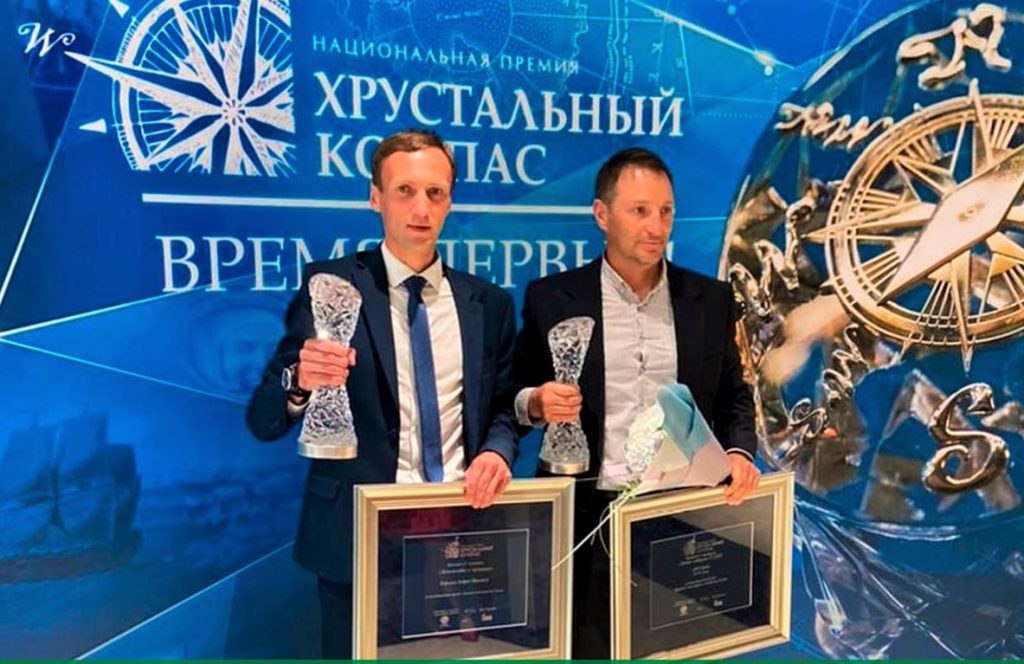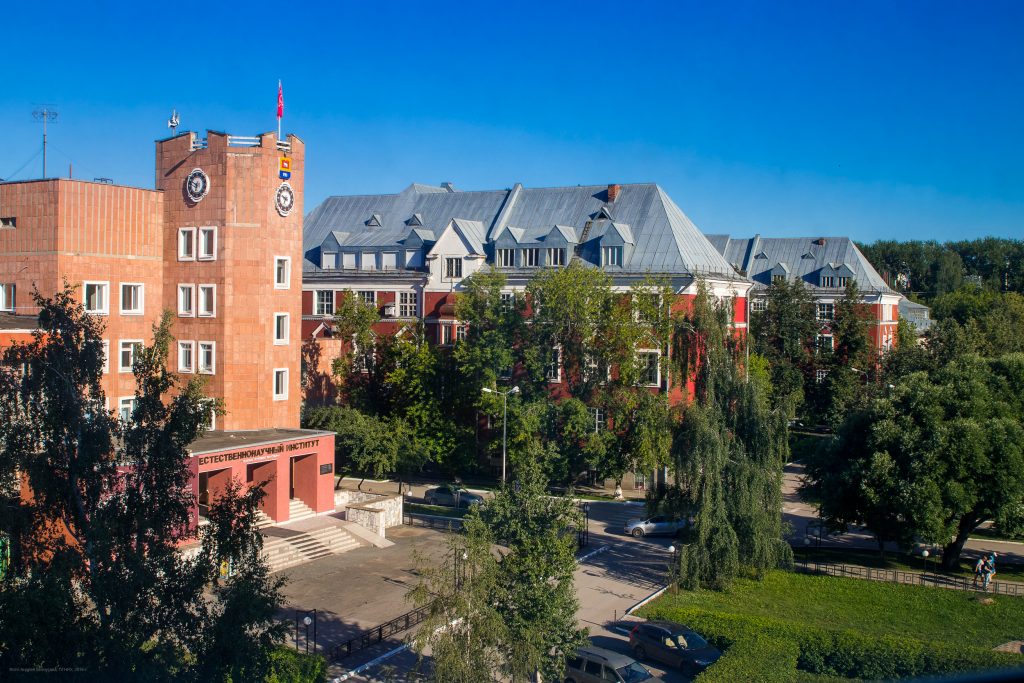PSU Traveler Wins Geography ‘Oscar’ Competition
Andrei Korolev, Associate Professor, Department of Tourism, PSU has been awarded with the Crystal Compass («Хрустальный компас») International Award in the “Travel and Expedition” nomination. The “Earth Poles of Inaccessibility” project by Andrei Korolev and his team, launched in 1998, remains active until today, raising attention and applause from professionals in tourism, worldwide.
Expedition routes passed through the inaccessibility poles of Eurasia, Russia, Kun-Lun, Tibet, Pamir, Tien Shan, North America, New Zealand, Madagascar, Altai, the Sayans and Urals, Continental US, as well as areas of inaccessibility in Antarctica, Greenland, Africa, South America and Australia.
“The areas known as inaccessible are very rarely visited, and serve a standard of natural purity. They give us a clue of what our planet was in prehistoric era. These are the places where the time seemes to stop, and the impact of civilization is at its lowest,”
states Andrei Korolev
The biggest expedition around Tibet territories reached 49 days, with a length of 2500 km (1 553 mi). The project involves travels to most inaccessible points of the world, with no use of vehicles (other than bicycles or ski), in a small group of people, completely autonomous.
Since 2006, the total mass of data collected throughout expeditions became a source for 2 books, over 50 papers and monographs, as well as research publications in the Scopus, also to mention popular science magazines, like National Geographic.
The Crystal Compass, regarded as an international ‘Oscar’ in geography by many, is a known international award marking notable achievements and practical solutions in geography and ecology, as well as preservation and protection of natural, historical and cultural heritage.





